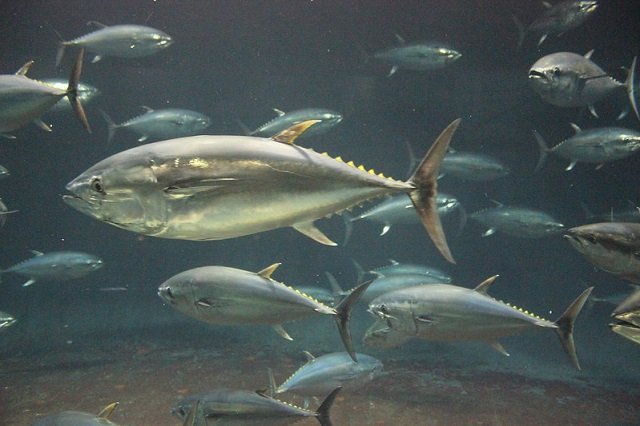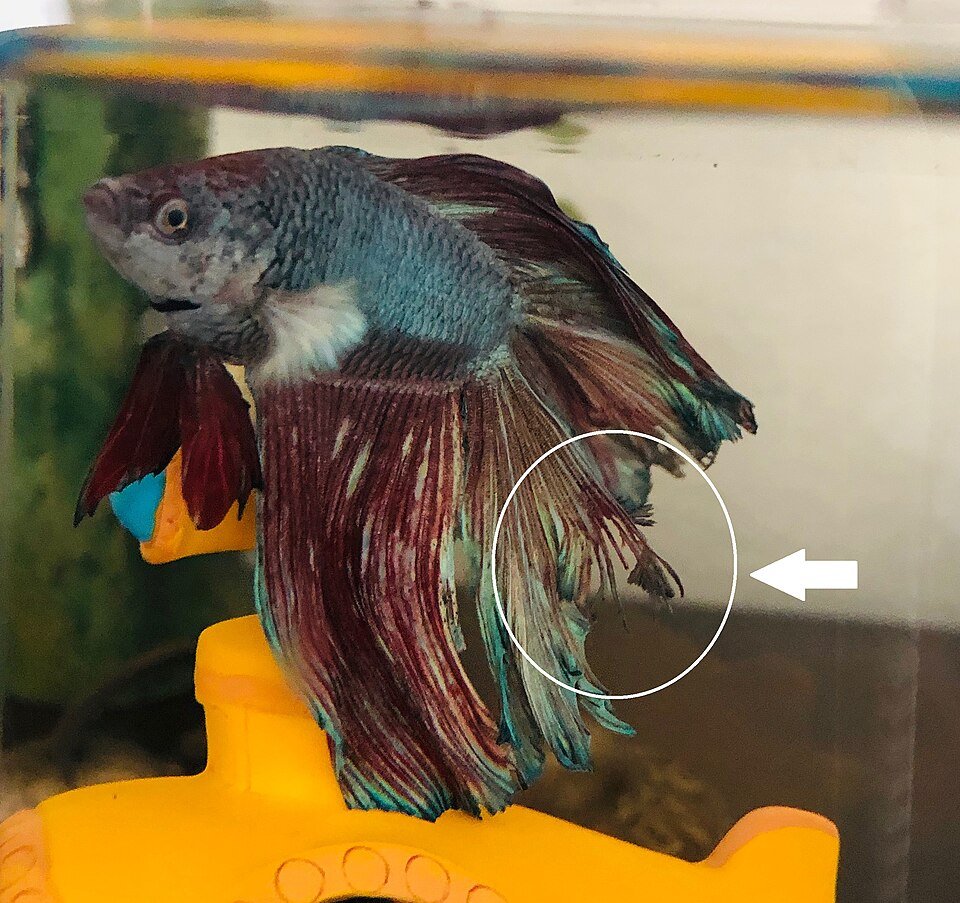Japan.- Dentsu Inc. (Headquarters: Minato-ku, Tokyo; President & CEO: Hiroshi Igarashi; Capital: 10,000 million yen), and Misaki Megumi Suisan Co., Ltd. (Headquarters: Miura-shi, Kanagawa Prefecture; CEO: Kunimitsu Ishibashi; hereinafter, “Misaki Megumi Suisan”), are conducting Tuna export operations certified by an AI known as TUNA SCOPE* for quality evaluation.
The business has recently been adopted by the Japanese Fisheries Agency for their Seafood Export Support Program. Inheriting its examination technique of the tail’s cross-sections used by skilled Japanese Tuna wholesalers, Misaki Megumi Suisan has implemented Dentsu’s AI TUNA SCOPE within its own Tuna purchase. They have begun providing TUNASCOPE certified Tuna ranked as the highest quality to its shops in New York and Singapore.
By using TUNA SCOPE together with the know-how of seasoned Japanese tuna experts, Dentsu and Misaki Megumi Suisan will continue their effort on developing a new trading standard from a quality perspective and providing exceptional Tuna worldwide.
About TUNA SCOPE
An AI-based system developed by Dentsu and Information Services International-Dentsu (ISID) using cross-sectional images of tuna tails to determine tuna quality. The cross-sections of the tails are packed with variety of information indicating the quality of the fish, including taste, texture and freshness, and fat characteristics. The few seasoned experts in the Japanese market had trained themselves for years before becoming master connoisseurs of the cross section in order to purchase tuna. A collaboration between Dentsu, ISID and the Sojitz Corporation utilized cross-sectional images of more than 5,000 tuna tails based on expert quality determination data and successfully resulted in passing on these skills to the AI program, a body of tacit knowledge that had been challenging for experts themselves to verbalize until now.
TUNA SCOPE website: https://tuna-scope.com
Dentsu Showcase website: https://www.dentsu.com/business/showcase/tuna_scope.html
Editor at the digital magazine AquaHoy. He holds a degree in Aquaculture Biology from the National University of Santa (UNS) and a Master’s degree in Science and Innovation Management from the Polytechnic University of Valencia, with postgraduate diplomas in Business Innovation and Innovation Management. He possesses extensive experience in the aquaculture and fisheries sector, having led the Fisheries Innovation Unit of the National Program for Innovation in Fisheries and Aquaculture (PNIPA). He has served as a senior consultant in technology watch, an innovation project formulator and advisor, and a lecturer at UNS. He is a member of the Peruvian College of Biologists and was recognized by the World Aquaculture Society (WAS) in 2016 for his contribution to aquaculture.







